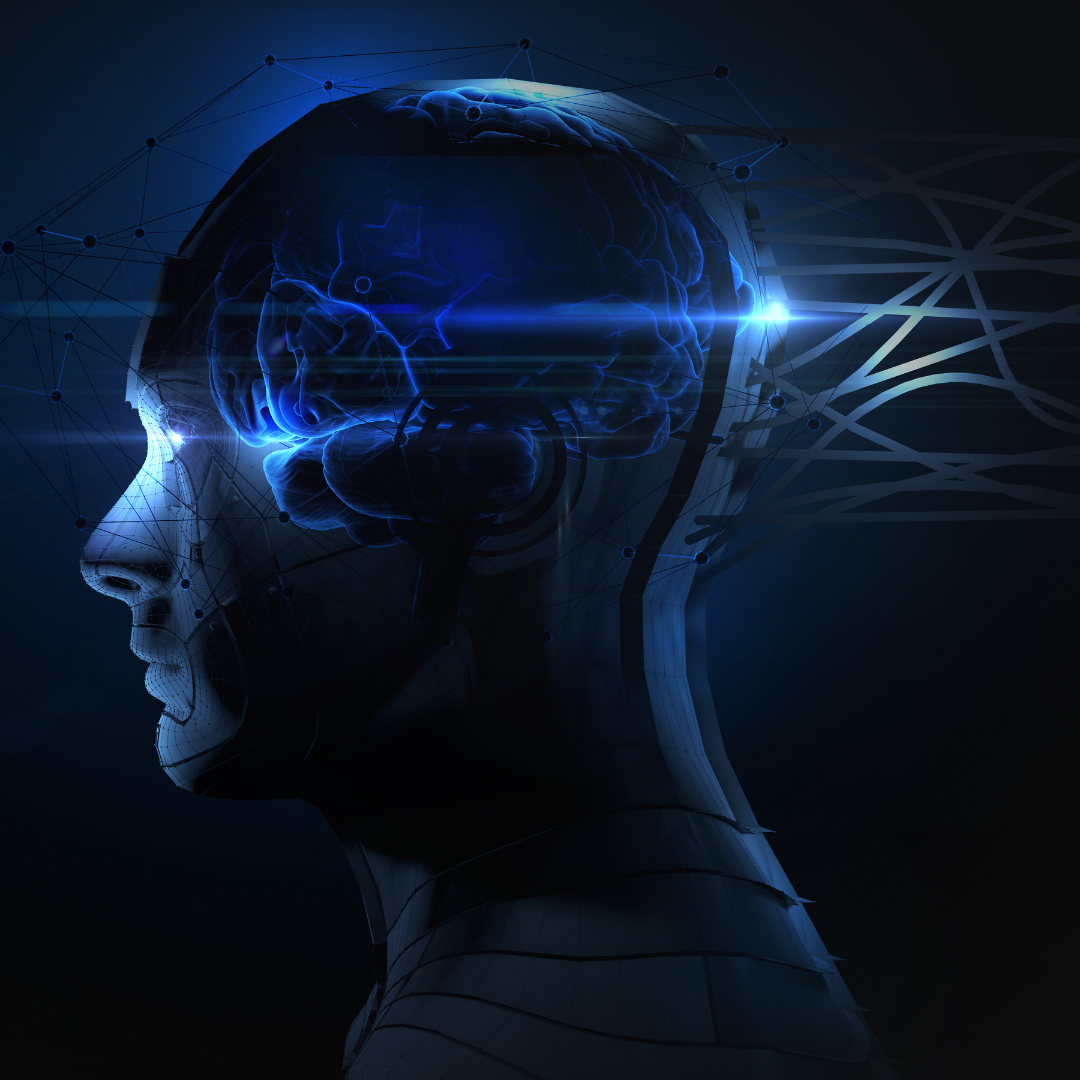Artificial intelligence (AI) as we know it is on the verge of achieving full human consciousness. As AI develops, it will begin to think like humans, and when that happens, it will inevitably change nearly every industry, especially in the healthcare industry.
The credit for the swift adoption of AI in the healthcare industry largely goes to the distinguished organizations which focus on the research and development of new and advanced medical apparatus. These organizations also collaborate with companies such as IDR Medical to shape their ideas for the establishment of a new device. This has enabled medical institutions to create and launch AI-powered medical devices more quickly than ever before.
Apart from the healthcare sector, AI is also being used in other industries. AI helps companies optimize their operations, reduce expenses, and make better decisions. It allows businesses to automate tasks and processes, increasing efficiency and creating new products and services. Additionally, AI helps to analyze a large amount of data, providing insights that could not have been obtained without the use of AI.
- iRobot – While the real robots are still a long way off, iRobot, Inc. (Nasdaq: IRBT) is at the forefront of robot development. iRobot released the first Roomba in 2002, and has sold over 10 million of the robot vacuum cleaners since. Roomba, which looks like a boxy upright vacuum cleaner, is iRobot’s flagship product–and it’s also a pioneer in the world of robotic technology and artificial intelligence (AI). Roomba requires wi-fi.
- Hanson Robotics – Hanson Robotics is a company founded by David Hanson in 1994. Hanson Robotics is better known for creating the humanoid robots, Charlie and Sophia, that millions of people have watched on YouTube and in movies like Her and The Terminator.
- Emotech – Emotech isn’t just something used to buy products online; it’s basically any technology that changes your emotional state. Emotech devices have been around in some form or another since the Middle Ages, but they are still getting the spotlight in 2022.
- Covera Health – Covera Health is a non-invasive cosmetic technology that uses microcurrents and radiofrequency (RF) to heat targeted areas. The technology is used to lift and tighten the skin, reduce fine lines and wrinkles, and lift sagging cheeks and jowls, among other benefits.
- PathAI – PathAI is a White House initiative powered by IBM Watson that aims to transform health and healthcare using artificial intelligence.
- Pager – Pagers are a perfect example of this: a handheld messaging device that allows users to communicate by sending messages to a central station. The pager works by sending signals that are similar to mobile phone signals.
- Atomwise – Atomwise is a genomics reporting and analysis platform, and it’s an artificial intelligence-based tool that’s designed to help researchers work more efficiently in the genomics space.
- Massachusetts General Hospital – Massachusetts General Hospital (MGH), a teaching hospital of Harvard Medical School, strives to be the nation’s top center for healthcare innovation. Its mission is to drive exceptional care and outcomes through the integration of discovery, prevention, and treatment.
- Motional – Motional, an artificial-intelligence-based monitoring app, uses your device’s motion-tracking technology to analyze your sleep patterns and, over time, provides you with information about your sleep habits.
- Cruise – The Cruise One, the world’s first fully electric, autonomous, four-passenger vehicle, is now in production. Cruise One is the culmination of 10 years of research, development, and testing built by Cruise Automation.
- Waymo – Waymo’s fleet of autonomous Chrysler Pacifica minivans will be able to drive customers to and from various locations safely. Google’s parent company, Alphabet, expects that by 2022, Waymo will operate in 10 cities in at least five countries.
- Luminar – Luminar is a photo editing software that is capable of creating HDR effects. This software has the capability of saving the HDR images to JPEG, TIFF, RAW, and DNG formats. The Luminar software has 11 exposure blending modes, with multiple exposure bracketing.
- Betterment – Betterment is a platform designed to simplify investing. Users can “open an account in minutes,” create “a personalized portfolio with a selection of curated ETFs,” and have their portfolios “managed by some of the industry’s leading strategists.”
- AlphaSense – AlphaSense is an artificial technology that can be used to enhance human senses. It detects and interprets brain activity and translates it toward physical sensations.
- Numerai – Numerai is a hedge fund that uses machine learning and artificial intelligence to analyze the stock market.
- Hopper – Hopper, an AI platform developed by Google, was released to the public this week. Hopper allows businesses to ingest, store, access, and analyze data, meaning it’s one of the first artificial intelligence (AI) platforms to be accessible to businesses on any budget.
- Google – Google is dedicated to connecting users with the information and tools they want and need. Google’s mission is to organize the world’s information and make it universally accessible and useful.
- Hipmunk – Hipmunk is one of the new generations of travel sites. Instead of showing you endless pages of hotels, flights, and rental cars, it helps you narrow down your options and pick the ones that fit your needs.
- Meta – Meta” is an artificial technology that connects the user with a personal digital assistant. Top-of-the-line devices include voice-to-text, object recognition, speech-to-text, and image recognition.
- Twitter – Twitter may be what most people know as a simple social media network, but Twitter is anything but a simple platform. Twitter has a variety of uses, from bringing people news to spreading political agendas. Twitter is much more than a social media platform.

